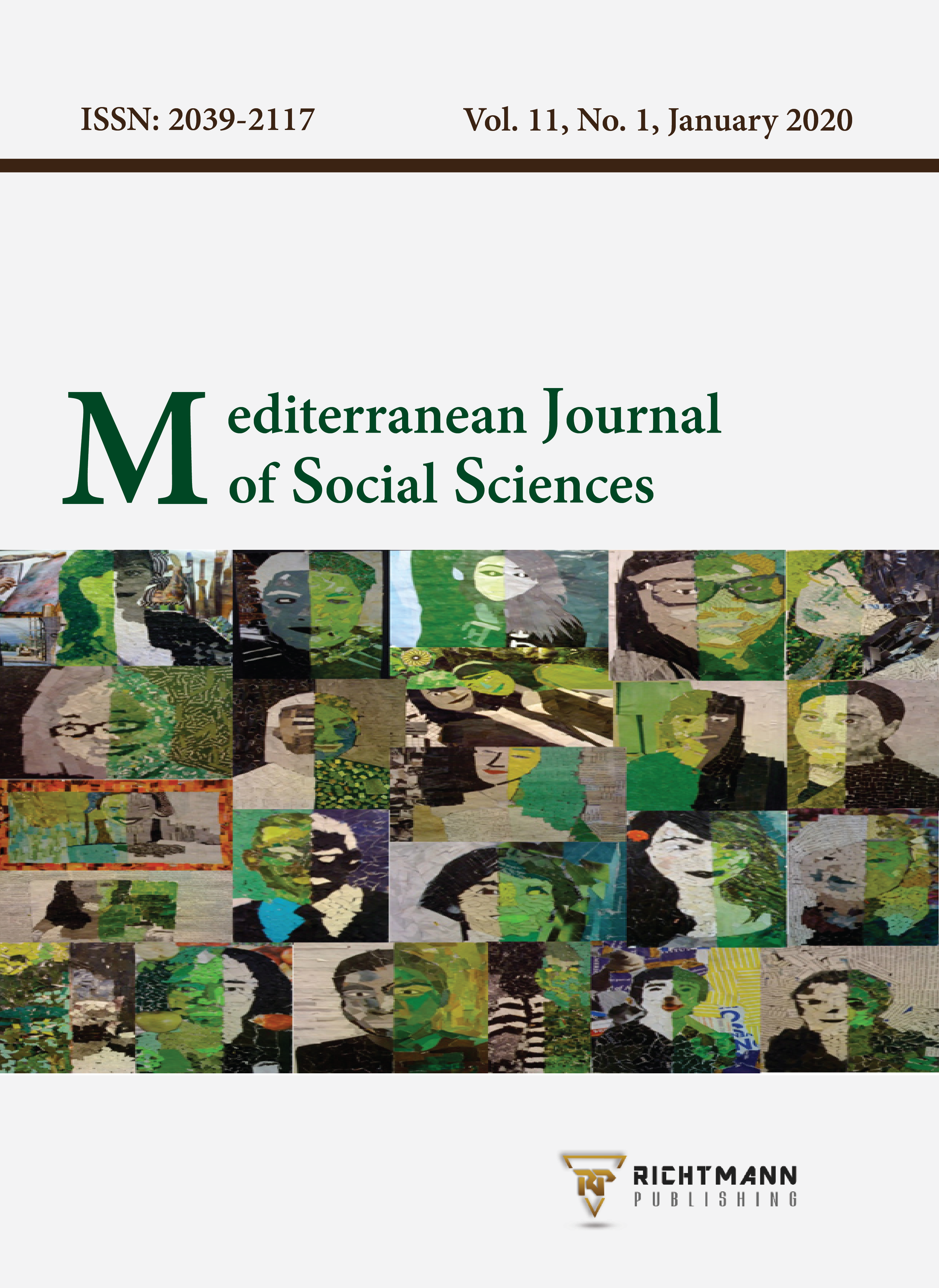Accountability in Public Administration: A Case Study of Public Administration to the Poor People in Social Department of Makassar, Indonesia
DOI:
https://doi.org/10.36941/mjss-2020-0011Abstract
Accountability in providing public administration to the poor people in the Social Department of Makassar. This study was qualitative case study approach, while the instruments were the researchers themselves. This study showed that the accountability in providing public administration to the poor people had not run optimally. There were various approaches and alleviation programs for poverty that had not been able to change significantly. There was no continuous program during the official turnover. If the official was changed, then the policy would be changed, thus the programs were ineffective to minimize the poverty in Makassar. The policies and the supports were necessary from all the elements of construction and the involvement of entrepreneurs like stakeholders and community leaders. The government is necessary to take a role in uniting and bridging these issues. In addition, the strategic planning was necessary to involve society, not only as objects of development but also to be involved as the subject of development to alleviate the poverty in Makassar.
Downloads
Downloads
Published
Issue
Section
License
This work is licensed under a Creative Commons Attribution-NonCommercial 4.0 International License.











